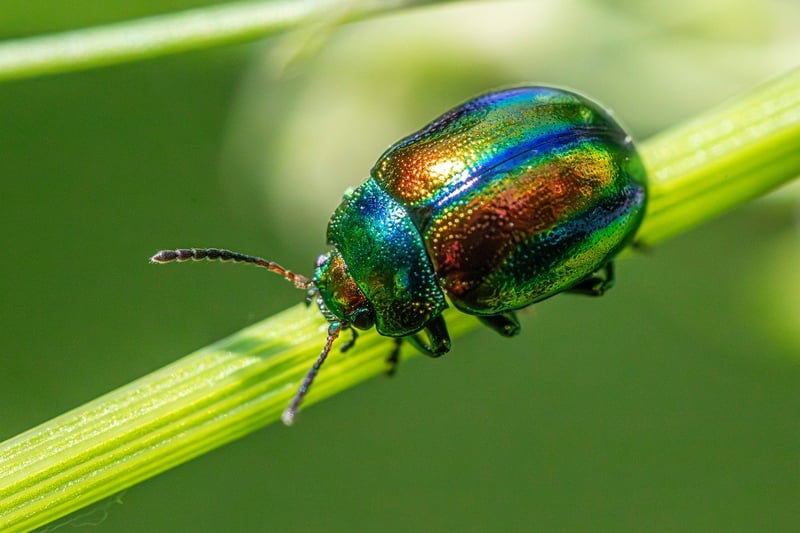Pest Control Strategies
Essential Care for Urban Plants + Pest Control Strategies
Introduction
Urban plants are essential for improving air quality, providing green spaces, and enhancing the overall aesthetics of city environments. However, maintaining healthy plants in urban settings can be challenging due to pollution, limited space, and pests. In this article, we will explore essential care tips for urban plants and effective pest control strategies to help you keep your green companions thriving.
Essential Care for Urban Plants
Urban plants require special attention to thrive in city environments. Here are some essential care tips to ensure your plants stay healthy:
1. Proper Watering
Water your plants regularly, taking care not to overwater or underwater them. Use a watering schedule based on the specific needs of each plant and adjust it according to the season.
2. Adequate Sunlight
Most plants require sunlight to photosynthesize and grow. Ensure your urban plants receive an adequate amount of sunlight based on their specific light requirements.
3. Nutrient-Rich Soil
Use high-quality, nutrient-rich soil to provide essential minerals and nutrients to your plants. Consider using organic fertilizers to promote healthy growth.
4. Pruning and Trimming
Regular pruning and trimming help maintain the shape and health of your plants. Remove dead or diseased branches to prevent the spread of pests and diseases.
Pest Control Strategies
Urban plants are susceptible to pest infestations, which can harm their growth and overall health. Here are some effective pest control strategies to protect your plants:
1. Natural Predators
Encourage natural predators like ladybugs, lacewings, and birds in your garden to feed on common plant pests such as aphids, mites, and caterpillars.
2. Neem Oil
Neem oil is a natural insecticide that effectively controls a wide range of plant pests. Dilute neem oil in water and spray it on your plants to deter pests.
3. Companion Planting
Planting pest-repellent herbs and flowers alongside your vulnerable plants can help deter pests. Examples include marigolds, basil, and lavender.
4. Regular Inspections
Inspect your plants regularly for signs of pest infestations such as holes in leaves, sticky residue, or visible pests. Early detection can help prevent widespread damage.
Conclusion
By following these essential care tips for urban plants and implementing effective pest control strategies, you can ensure that your green companions thrive in city environments. Remember to provide proper watering, sunlight, and soil nutrients, while also being vigilant against common plant pests. With the right care and attention, your urban plants will continue to beautify your surroundings and contribute to a healthier urban ecosystem.


